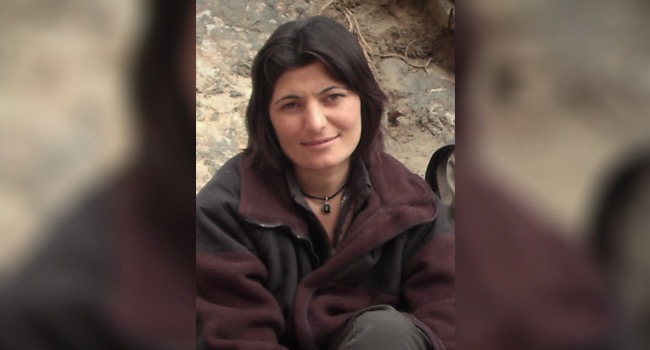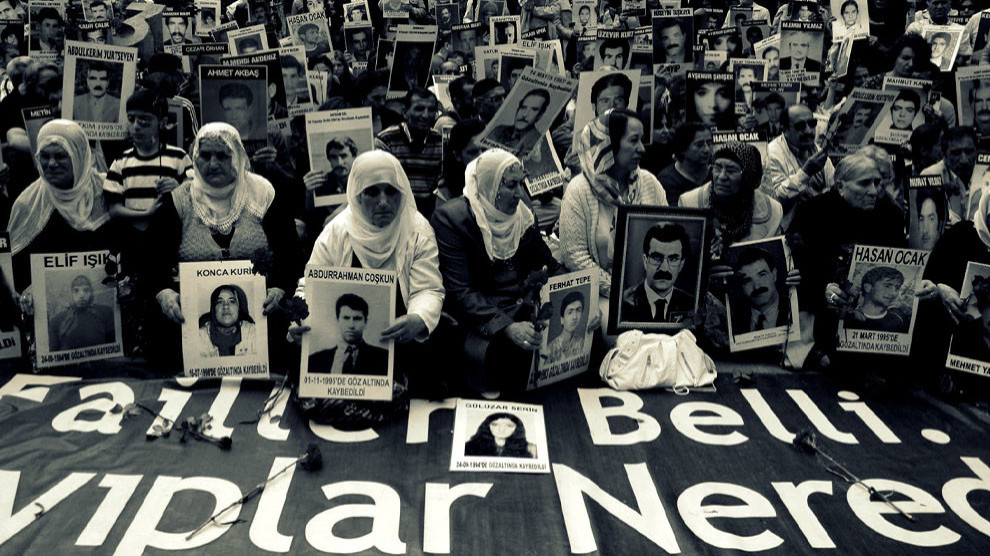
For three weeks now, an arbitrary ban on contact has been in effect for Kurdish political prisoner Zeynab Jalalian, who is being held in Iran. According to human rights activists, she is under pressure to “show remorse” and to “cooperate” with the regime.
Since her transfer to Yazd, Kurdish political prisoner Zeynab Jalalian, who is imprisoned in Iran, has been subject to a ban on contact, reported the Kurdistan Human Rights Network (KHRN). According to the human rights organization, Jalalian is also under pressure to “show remorse” and “cooperate” with the regime in Tehran. Security forces are also taking repressive action against Jalalian’s relatives. Ali Jalalian’s father, Ali Jalalian, was recently arrested by the secret service at his home in Maku and interrogated for one night. The man was only able to return home after posting a bail bond.
Until three weeks ago, 38-year-old activist Zeynab Jalalilan was still in the women’s wing of the central prison of the East Kurdistan city Kirmanshah. On November 10, she was taken out of her cell by Iranian security forces without giving any reason. For two days her whereabouts were unknown. Only at the beginning of October Jalalian had been transferred to Kirmanshah. Before that, she had spent about three months in a prison in the city of Kerman, which is located almost 1,300 kilometers to the east. She was transferred there in April from the Qarchak prison in Varamin, south of the Iranian capital Tehran. She had previously been imprisoned in Khoy (Xoy).
During this odyssey, Zeynab Jalalian fell ill with Covid-19 and asthma, while she also suffered injuries to her wrists and ankles due to shackles during the transports. The Kurdistan Human Rights Network reports that Jalalian was also physically abused by Iranian security forces during the transfers. Since her injuries remained untreated, she is now suffering from the late damage. Furthermore, she is still weakened by a hunger strike she started in late June to ensure her return to Xoy – unsuccessfully. Information about her current health condition is not available.
Jalalian’s relatives can rarely visit her even without a restraining order, since the last detention centers where she was held are located far away from their homes. Similar to Turkey, but also in the Basque Country, where political prisoners are distributed all over Spain and France, so that their families and relatives usually have to travel hundreds of kilometers and sometimes more for a short visit, the authorities in Iran also transfer the prisoners to prisons as far away from their place of residence as possible. Jalalian’s parents live in Maku and the city of Yazd is about 1400 kilometers away.

